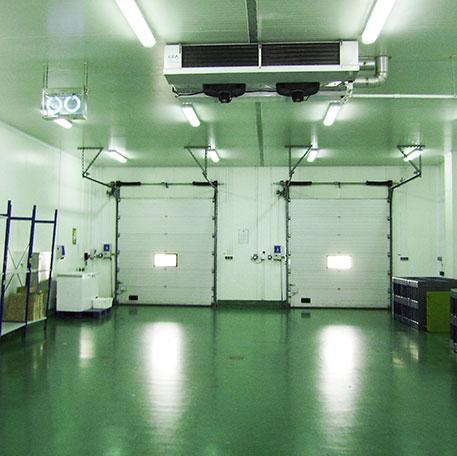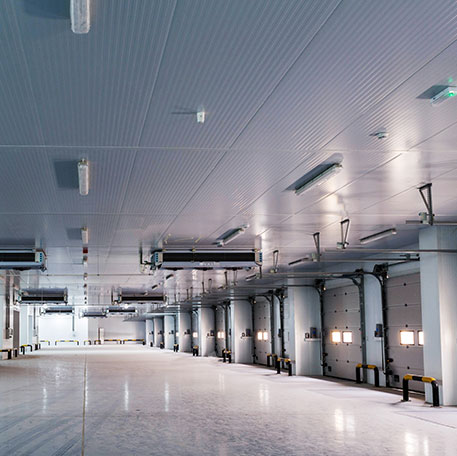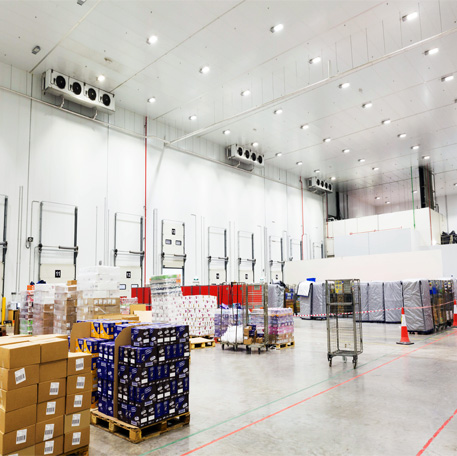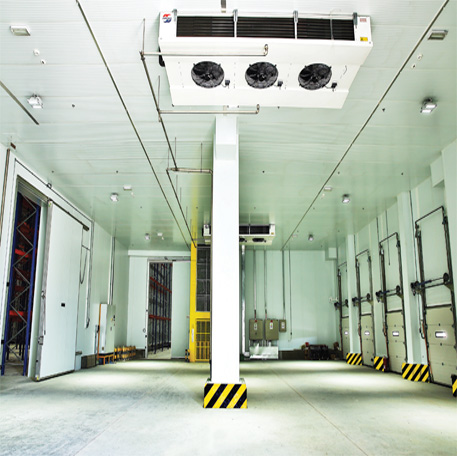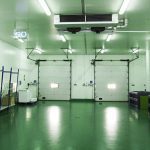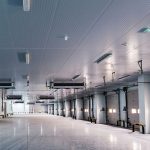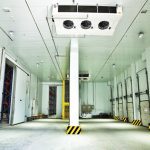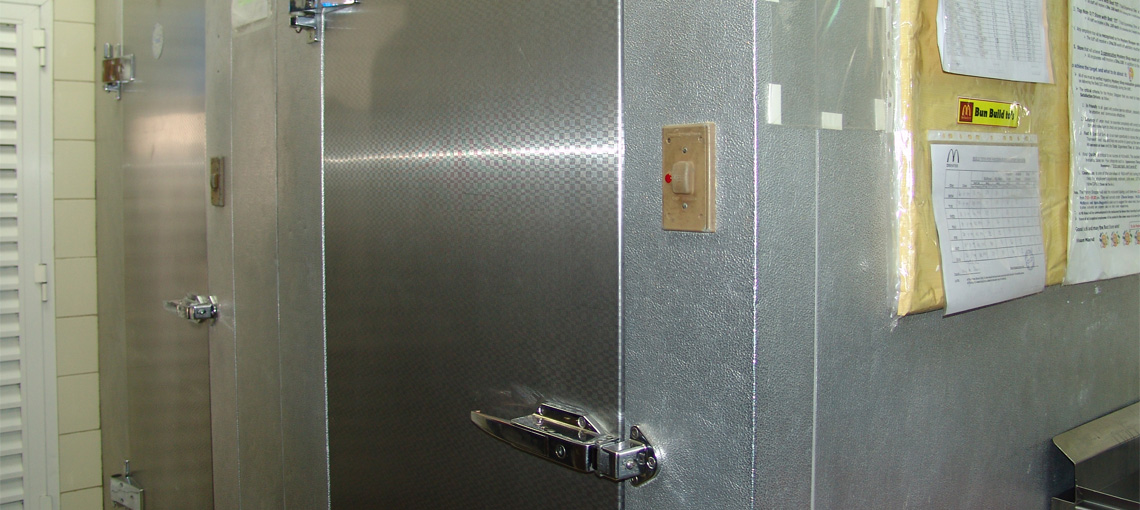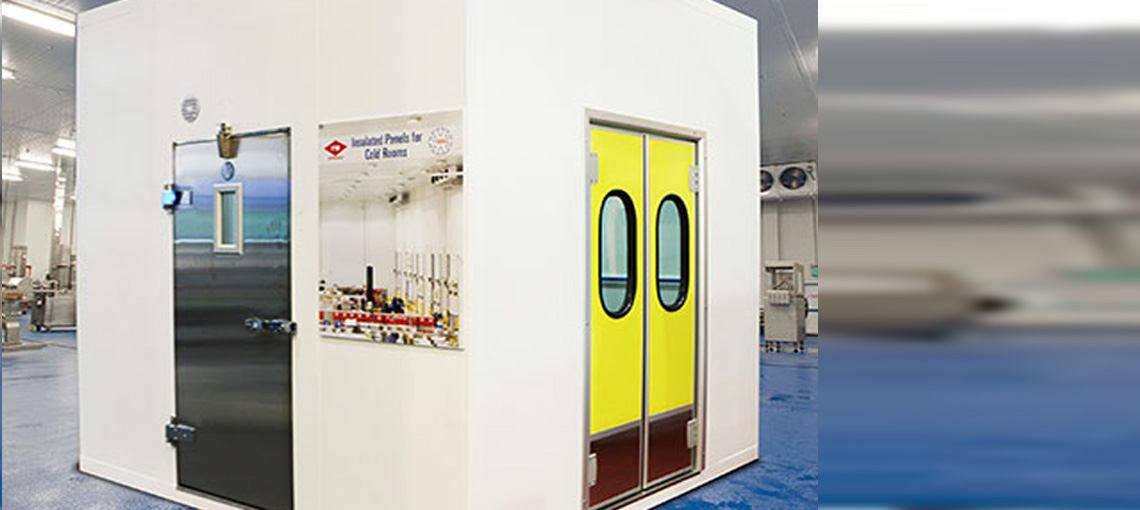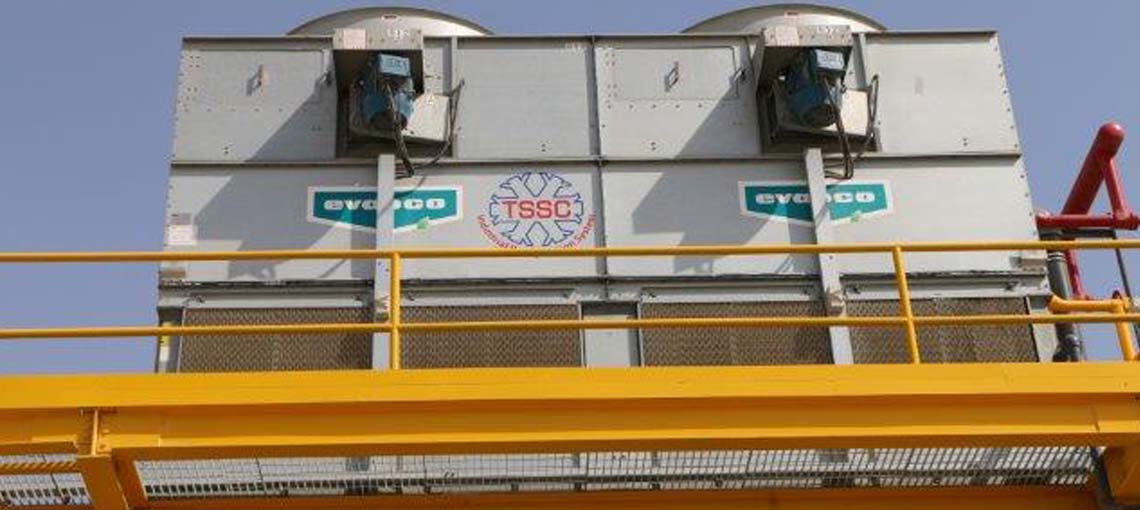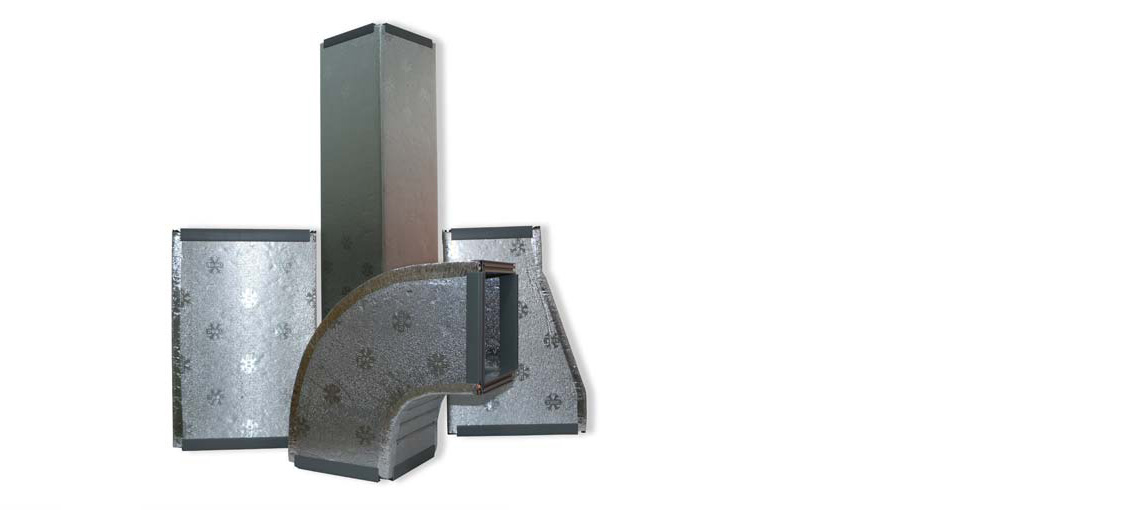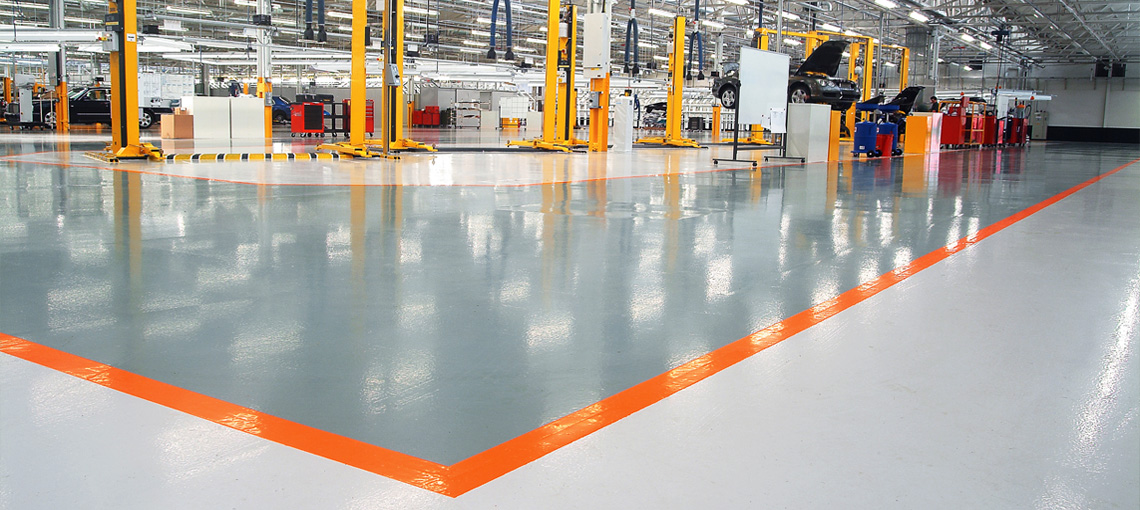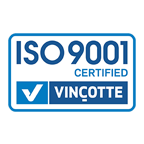| ITEM |
SUBITEM |
DESCRIPTION |
| Frost Heave Protection |
Project Management |
In large sized low temperature cold store applications, it is very likely that frost formed due to refrigeration get deposited under the floor and eventually lead to the cracking of the insulated floor. This would hamper the effectiveness of refrigeration and spoil the goods refrigerated. TSSC™ recommends the use of frost heave protection for such cold stores. The different types of protection available are underground pipe ventilation system and electric floor mat heater.
TSSC™ provides assistance in the design of the underground pipe ventilation system and also supplies electric floor mat heater.
Underground pipe ventilation system involves the laying of pipes / ducts under the insulated floor of the refrigerated room. The pipes with both ends left open are laid at an inclination to allow the flow of water formed due to precipitation. Air circulates through these pipes and prevents the formation of frost that could otherwise accumulate under the floor of the cold store.
In situations where underground pipes could not be laid, electric floor mat heater could be supplied as an additional accessory. These mats when laid under the cold store floor provide heating and thus prevent the formation of frost.
Project Management
With extensive experience in carrying out major projects in the GCC countries, TSSC provides full range of services in constructing cold rooms including design, supply, installation and commissioning of a complete refrigeration plant. The highly qualified and experienced technical staffs ensure that the final product delivered to the customer confines to the highest quality standards set by the company in manufacturing and installation. TSSC could also install a monitoring system for projects that involve more than one cold room.
As part of the company’s efforts to satisfy the needs of all its customers, TSSC offers 24-hour service to ensure that all systems installed by the company operate without fail at all times. The large volume of returning customers is an evidence of TSSC commitment in providing comprehensive service to the satisfaction of its clients. TSSC actively involves in the development of new products that meet the diverse needs of their valuable customers.
|
| Refrigeration |
Refrigeration |
TSSC installs branded refrigeration systems in its cold rooms that are chosen for their proven consistency and efficiency. However, based on the client requirement TSSC also installs cold rooms without refrigeration equipments, thus providing the flexibility to the client to choose the system of their choice.
Walk-in coldrooms are normally equipped with monoblock, split system or individual units. For large warehouse cold stores, TSSC recommends the use of rack power system. TSSC™ is one of the very few companies in the region capable of providing the customer with a rack power system. This involves a special compressor arrangement in a racking style. This system helps in reducing power consumption considerably compared to the use of other refrigeration systems such as split units. TSSC™ uses branded compressors for its rack system to ensure proven quality records.
|
| Flooring |
Dimensions |
TSSC recommends polyurethane slabs to be used for floor insulation in order to achieve maximum cold room insulation. In the case of small cold rooms, TSSC advises the PU slabs to be reinforced with plywood in order that the load is uniformly distributed and the slab is protected against any impact damage. Depending on the customer requirement, either marine plywood or the standard water boiled plywood could be used.
For large refrigerated warehouses which require the use of power equipments such as forklifts, a concrete reinforcement is required over the TSSC™ PU slabs for additional strength. For best results, TSSC recommends the laying of vapour proof barriers such as polyethylene sheets under and above the PU boards.
Ceiling:
In order to achieve maximum cold room insulation, it is important that the same insulated panels that are used for the walls and floor be used for the ceiling as well. In applications where ceiling panels are long, the panels would need to be suspended from the main structure. The ceiling also is used to conceal the plumbing, electrical and other utilities above the ceiling panels. The panels are built strong in order for it to hold the weight of the personnel walking over the ceiling for the maintenance of these units.
Dimensions:
The standard width of the panels are 1200mm (47.24”) and are available in the following thickness ranges: 50mm (1.97”), 60mm (2.36”), 80mm(3.15”), 100mm(3.94”),120mm (4.72”), 150mm(5.91”),170mm(6.69”) and 200mm (7.87”). TSSC™ can manufacture panels up to 15 meters (49.2ft) long. Density of insulation can be varied according to the project needs.
|
TSSC uses a wide range of cladding materials to manufacture insulated panels.
These includes:
1. Polyester pre-painted galvanised steel
2. PVC (Plastisol) coated galvanised steel
3. Stainless Steel
4. Aluminium (Stucco embossed or pre-painted)
Depending on specific customer requirements, TSSC also supplies panels manufactured using other cladding materials. The surface profiles of the insulated panels are made smooth or ribbed depending on the requirement.
The manufacturing process of the insulated panels involves injection of polyurethane foam at high pressure between the claddings using a high pressure mixer. The panels are supplied in standard sizes or are custom made to order sizes. The different kinds of panels used in the construction of a coldroom are the wall, ceiling and floor panels. The ceiling and floor panels are manufactured with the same width as the wall panels. Corner panels are used together with wall panels for partitioning in applications where multiple compartments need to be built.
The claddings are formed at the edges in “U” shape to guarantee superior adhesion between the sheet and polyurethane and are shallow ribbed to provide additional strength and dimensional stability. The floor panels are made strong to withstand uniformly distributed load of up to 2.5 tons per square meter.
• TSSC Insulated Composite Panels for Cold Stores, Internal Partitions and Ceilings are certified FM Approved for Internal Applications per FM Approvals Standard 4880. The FM Approved panels can be supplied with either Rockwool or PIR insulation.
Advantages of using FM 4880 Approved Panels system from TSSC:
• TSSC FM Approved panels are highly Fire-Resistant and contribute to a reduction of the overall Fire Load.
• TSSC FM Approved panels exhibit limited or no flame spread in case of fire.
• TSSC FM Approved panels are Self-Extinguishing with limited Smoke Generation.
• TSSC FM Approved panels safeguard commercial/industrial properties from fire related incidents thereby protecting the Building Envelope.
• Risk reduction translates into business continuity as well as fewer losses and reduced premiums with many leading insurance companies.
• UAE government regulatory bodies look more favourably on FM Approved products.
FM Global is world’s leading commercial and industrial property insurer with a unique focus on Loss Prevention through engineering. Its clients around the world have relied on FM Approved products for nearly two centuries now. FM Approvals is known worldwide for its focus on testing and certifying only those products which promote property loss prevention. A Class 1 rating from FM Approvals per approval standard #4880 means that TSSC’s insulated composite panels exhibit limited fire spread and fuel contribution and may not require special protection such as sprinklers, when the building walls do not exceed listed heights. Years of research and engineering on Insulated Sandwich panels at TSSC followed by a series of rigorous large scale tests at FM Approvals for performance evaluation in case of Fire and Natural Hazards have resulted in TSSC obtaining the prestigious FM Approval mark.
In order to be FM Approved, products need to undergo rigorous testing and to meet the highest standards of quality and technical integrity. FM Approvals standards are generally regarded as being the most rigorous and comprehensive testing standards anywhere in the world. With over 180 years experience of testing and certifying products FM Approvals is a universally acknowledged mark of excellence in Property Loss Prevention. FM Approvals is an ongoing process and ensures continued compliance by annual facilities and procedural audits.
TSSC panels with PIR core are recommended for use where improved fire performance is required.The panels are light weight sandwich panels with good cold-retention qualities and a PIR fire retardant core suitable for all insulated applications such as industrial and commercial premises including cold stores.
The portable skid mounted refrigerators are cold rooms built on a mobile unit in order for them to be used as a mobile refrigeration system. Cold rooms of different types can be constructed to be used as portable units and are always built on a strong steel base in order to provide the unit the necessary strength. These cold rooms find its use in applications that include high mobility including offshore applications.
The complete unit is built to the size of a container trailer so that it could be lifted using crane or large fork lifts and moved from one place to another on a trailer or a container. Cold rooms designed with partition walls and doors for different uses can also be built upon the same steel base.
Cold rooms that require high sanitation standards require the joining bolts to be concealed in order to avoid the corrosive parts being exposed to the cold room. TSSC supplies curving or rounded corner profiles for this application.
Some other accessories supplied by TSSC™ include bumpers, internal or external ramps and hydraulic ramps for small cold rooms.
At TSSC polyurethane foam is used to insulate the panels. As part of the company’s green initiative, TSSC ensures that all foaming agents are environment friendly and CFC free.
Polyurethane is manufactured by reacting a liquid polyol component with Methylene Diphenyl di-Isocyanate (MDI), a liquid polymeric isocyanate component, in the presence of a blowing agent and other additives. The mixed components then react exothermally to form a rigid thermosetting polymer and since the blowing agent evaporates during this exothermic reaction, a rigid closed cell low density insulation product is created.
The characteristics of the panel insulation are that it neither deteriorates over time nor does it absorb smell.
The panels are neither toxic nor cause allergies and do not support the growth of fungi or mildew. According to European Fire retardant standards, these products are classified as B2. (Illustrated on the side is a list of comparative insulation values for different kinds of insulation materials).Q

